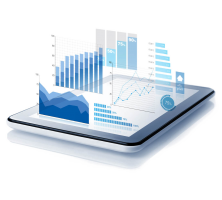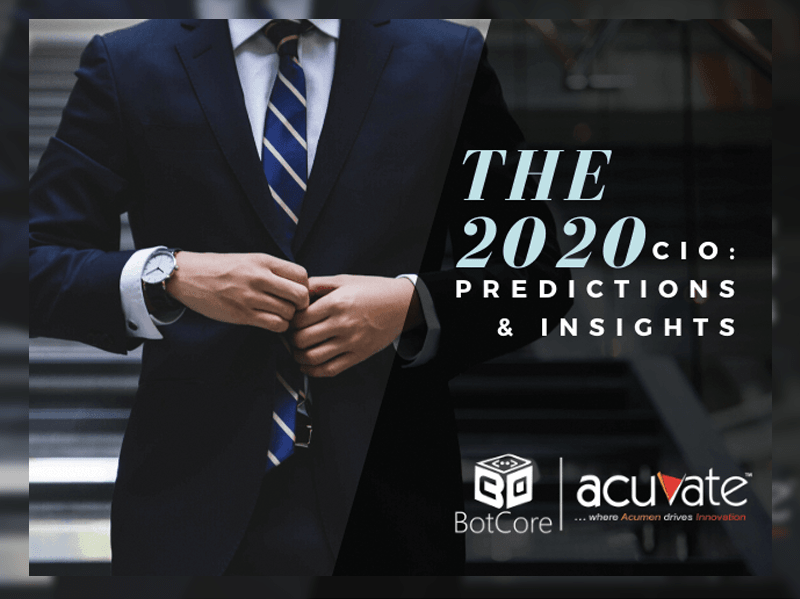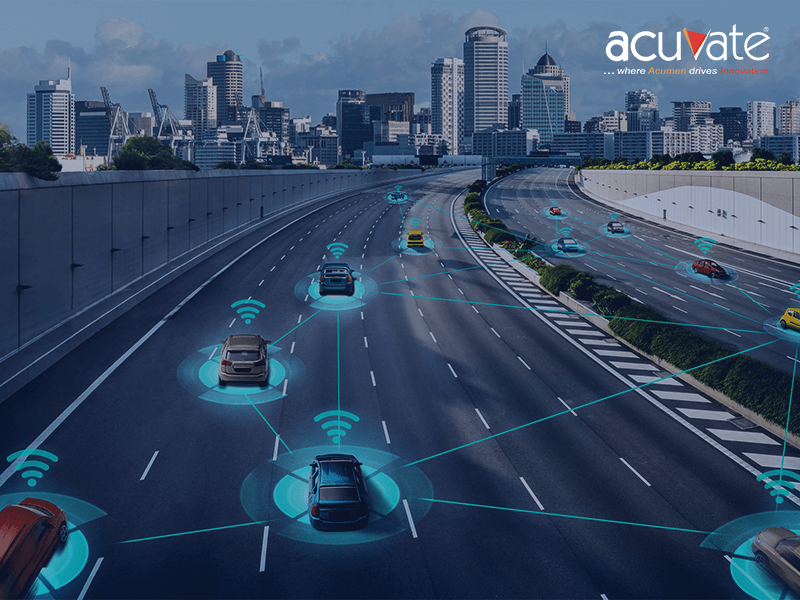Digitalization has been a game-changer for CIOs. Long gone are the times when their role was confined to IT infrastructure maintenance. Gartner’s latest survey reveals that 95% of CIOs expect their jobs to change or be remixed due to digitalization and technology influx.
In times when technology has spread its roots and wings in every aspect of the business, CIOs are at the core of critical decision making. The modern CIO is tasked with creating business value with technology, developing innovative solutions, driving implementation of new and emerging technologies, adopting AI, taking on cloud transitioning for the enterprise, addressing big-data challenges, and more.
As such, alongside technology, the CIO’s role has expanded to strategic business. Technology changes (or rather evolves) at a disruptive pace today. In turn, the role of the modern CIO evolves as well, thrusting it to a strategic level. Who would have thought that one day perhaps a CIO would be accountable for customer experience? But given that today marketing execution is so incredibly dependent on technology, you simply can’t avoid CIO involvement in CX process.
Today, more and more CIOs are getting on to the board of directors. Some key Priorities of today’s CIO include:
- Business model improvement,
- Getting ROI from as many initiatives as possible.
- Adoption of systems – whether they are related to employees, customers or security.
A lot has changed, and a lot more will in the near future. Let’s begin with predictions and insights for 2020 that will reinvent the CIO and competitiveness.
CIO Reinvention: 2020 And Beyond

CIOS WILL HAVE TO UP THEIR GAME WHEN IT COMES TO CYBERSECURITY:
Dodging and taking the cyber attacks head-on is part of life for CIOs, but 2020 is going to witness a huge rise in the stakes involved, with cyber attackers leveraging the latest tech to pose threat to small and large organizations.
From crypto jacking to IoT attacks, the cybersecurity battlefield is getting rougher every passing day, forcing organizations to divert resources and money heavily towards data security.
Consequently, CIOs will have to branch out of the usual and have different internet service providers to agree for a combined stand or firewall against common enemies. This might mean hosting firewalls for an entity under which various ISPs operate, for example, a country.
CIO’s Will Make The Environment More Collaborative And Customer-Centric:
Rapidly evolving technology makes it imperative in a workplace for everyone to adapt at an equally fast pace. And this has further implications on how customers are managed as the need arises to take customer experience along when bringing everyone up to speed with the latest in tech. For the same, CIOs of 2020 and beyond, will have to work closely with teams across the board – the sales team that gets customers, the product team that takes care of the commodity being sold, and the marketing team that serves as an interface between customer/target audience and the organization.

The focus should be on creating well-connected martech systems that all departments can benefit from mining, connecting, and making enterprise data available will be the job of the modern CIOs. This way they can steer IT on the road to enterprise-wide customer-centricity. Even if they are not pulling the strings, they will have to ensure everyone is threaded together.

Creating A Digital Friendly Culture
Traditionally, the role of a CIO is to bring about a technological transformation in an enterprise. The modern CIO, however, is also responsible for building a digitally-driven culture in their respective organization. A number of CIOs realize that their technological choices have a direct and strong impact on creating such a culture. The current culture in a host of businesses even today is still a barrier for digital transformation.
Christie Struckman, research vice president at Gartner, points out that in half of the cases organizational culture is the main barrier to digital transformation and that’s where CIOs should start delivering their focus on.
AI Will Attract A Growing Interest And Investment:
As mentioned earlier in the article, CIOs are being increasingly involved in creating seamless, secure and efficient customer and employee experiences. To create such highly engaging, personalized experiences for customers and employees, CIOs of the future need to leverage the inventions powered by artificial intelligence. As such, they will have to propel the role of AI well beyond automation, into augmentation.

The idea is to use the untapped power of AI in getting more value out of each critical business process and workflow. AI will be leveraged to accelerate the enterprise digital transformation journey.
Learn more: Enterprise AI: The Adoption Strategy & Practical Solutions
AI Chatbots are one such technology that has helped organizations to give a new dimension to business-customer and business-employee interactions. Chatbots have proved to be highly intelligent and smart in encouraging real-time response, making customer interactions more contextual, accurate and speedy.
Consider IT Helpdesk bots as an example. Although helpdesk queries are usually basic and simple, they often miss SLAs. When these interactions are facilitated with bots, the overall process efficiency increases, lowering costs and improving the speed of ticket resolution.
Similarly, sales bots when used to augment your sales process help users take more informed decisions. For example, they can send out alerts to consumer goods sales personnel about KPIs such as MSL Compliance, OTIF loss, revenue etc.
Learn more: How AI-powered enterprise chatbot platforms are transforming the future of work
 Data And Analytics Will Be Top Priorities
Data And Analytics Will Be Top Priorities
CIOs of the future will cease to make business decisions that are not informed on data or are based on insufficient data. Opinions of the highest paid person have been substituted for data-oriented thinking. Guesstimates from top-level management no longer serve as the decision-making premises. 84% of enterprises have now launched advanced analytics and Big Data initiatives to bring greater accuracy and accelerate their decision-making.
While CIOs are learning to pay more and more attention to data, overfitting of data is common malpractice. Which is to say, the small sample size is taken as a reference point and important decisions are made, discounting the possibility that larger sample size may have presented a completely different picture.
The modern CIOs will have to create his place in the C-suite by being able to determine the right technology roadmap to create improved and innovative new business models. They should be adept at utilizing technology and information to accurately predict the future of business. Additionally, their focus should lie on using data as well as technology to give the company a leg up on the competition. Digging deep into analytics and extracting knowledge to predict future technology trends would be where the modern CIO will justify his role as a C-suite player.
Learn More: Acuvate’s BI & advanced analytics solutions
Conclusion
2020 is going to be an eventful year for CIOs as they will be counted on by organizations for a smooth transition and adaptability to the rapidly changing business dynamics. Technology is a double-edged sword. As new innovations are paved by it so are newer and more advanced challenges and threats.
For CIOs, it is the need of the hour to amplify the benefiting side of the technology sword and to diminish its risks and harms. AI, for example, is one big opportunity area that CIOs need to invest their time, skill, and expertise towards.
Digitally empowered, AI augmented enterprises require modern CIO to steer technology towards business decision-making and value-creation. From smartly utilizing artificial intelligence to building a culture of analytics to driving workload transformation to unleash innovation to securing operations, processes, and information – everything will fall under the purview of the CIOs role 2020 and beyond.
As the role of CIOs is witnessing this reinvention, more and more companies will be looking for new CIOs equipped with the right skills and future vision, critical to business success.



